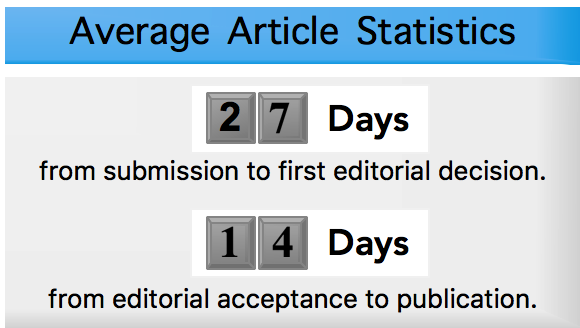Downloads
Abstract
Colorectal cancer is one of the most prevalent cancers and a leading cause of death nowadays. The main method to treat colorectal cancer is the surgery. However, more than 50 % of patients relapse after surgery and die from metastatic cancer. Therefore, it is important to do research on the molecular mechanism of this disease and consequently develop effective therapies. In these studies, the colorectal cancer cell is the indispensable research model. However, cancer cell lines lose the oncogenic characteristics after prolonged culture compared to those in the body of patients. To solve this problem, the study is aimed to obtain, to primarily culture, and to maintain the colorectal cancer cells from Vietnamese patients serving as cancer research model. Colorectal cancer cells were separated from 40 tumor samples and primarily cultured in vitro. 4 of 40 populations of cancer cells were cultured successfully. These cell populations were grafted into immuno-deficient SCID mice and 2 cell populations developed to xenograft tumors on mice. Then single cell suspensions from xenograft tumors were collected and analyzed the expression of surface markers huCD133 and huEpcam using flow cytometry. The human primary cancer cells from xenograft tumors positive with huCD133 and huEpcam were identified and isolated. These 2 colorectal cancer cell populations could proliferate well in in-vitro culture condition. In conclusion, the results showed that the human colorectal cancer primary cells could be maintained and proliferated in immuno-deficient mice which will be a source to supply the cancer cells for the study of cancer.
Issue: Vol 2 No 3 (2018)
Page No.: 30-35
Published: May 23, 2019
Section: Original Research
DOI: https://doi.org/10.32508/stdjns.v2i3.750
Download PDF = 1509 times
Total = 1509 times

 Open Access
Open Access 








